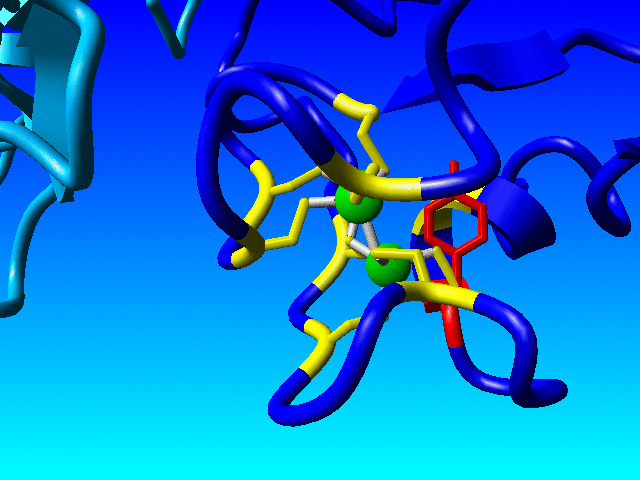Evolution mechanism.

It is known as evolution mechanisms several processes through which evolutionary change occurs, because they cause changes in the frequencies of genes of individuals in populations.

Natural selection
It is the best known mechanism of all and the one that Charles Darwin described to explain his theory of evolution in the nineteenth century. According to Darwin, individuals in a population with variability, who are better adapted to their environment, are more likely to survive, reproduce and have offspring. It naturally inherits the genes of its parents as well as the traits that characterized them. Conversely, individuals who do not adapt to the environment are less likely to survive, reproduce and transmit their genes.
Darwin stated that natural selection is the main mechanism that leads to the evolution of living beings.

Genetic drift
To understand this, it is necessary to know that an allele is one of the alternative forms that a single gene may have; for example, the gene that determines the color of a person's eyes may have an allele for the brown color and an allele for the blue color. An allele is recessive if it is present on both chromosomes of a pair, but dominant if it is found on one or both chromosomes of a pair. The first allele is dominant and the second is recessive. If a person inherits one or two alleles for the color of blue eyes, they will have blue eyes, but can only have brown eyes if they inherit two copies of the allele for brown eyes.
However, genetic drift occurs when a population is small and the frequency of alleles varies by chance, due to events that are not related to adaptation or some major genetic process. This causes some alleles to be lost or others to predominate and become fixed in the population.
Imagine that a group of 50 dark-skinned settlers arrive on a small, isolated island and settle thriving there. Colonists' descendants will have most of the characteristics of their ancestors, and the population will have little genetic variability. This does not imply adaptation to their environment, nor competition with other individuals, since hypothetically people do not arrive from other parts of the world. So, the population tends to have dark skin due to genetic drift.

Mutation
They are permanent changes in genetic material that are visible when descendants of individuals have different characteristics from their parents. The causes of mutations are related to errors during cell division (reproduction) and contact with chemical agents and radiation.
A gene that has mutated may have a new function, but there is also a chance that the individual may have adverse effects. The latter is linked to the modification of the protein in the gene that mutated.

Migration
It is also known as "gene flow" and consists of transferring genes from one population to another. In this case, individuals from one population may move to another region with a population and reproduce with individuals from that population, resulting in a change in allele frequencies and new genetic variants in the population.